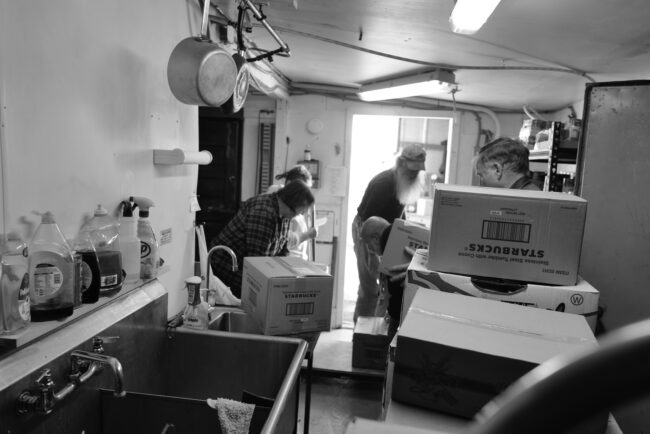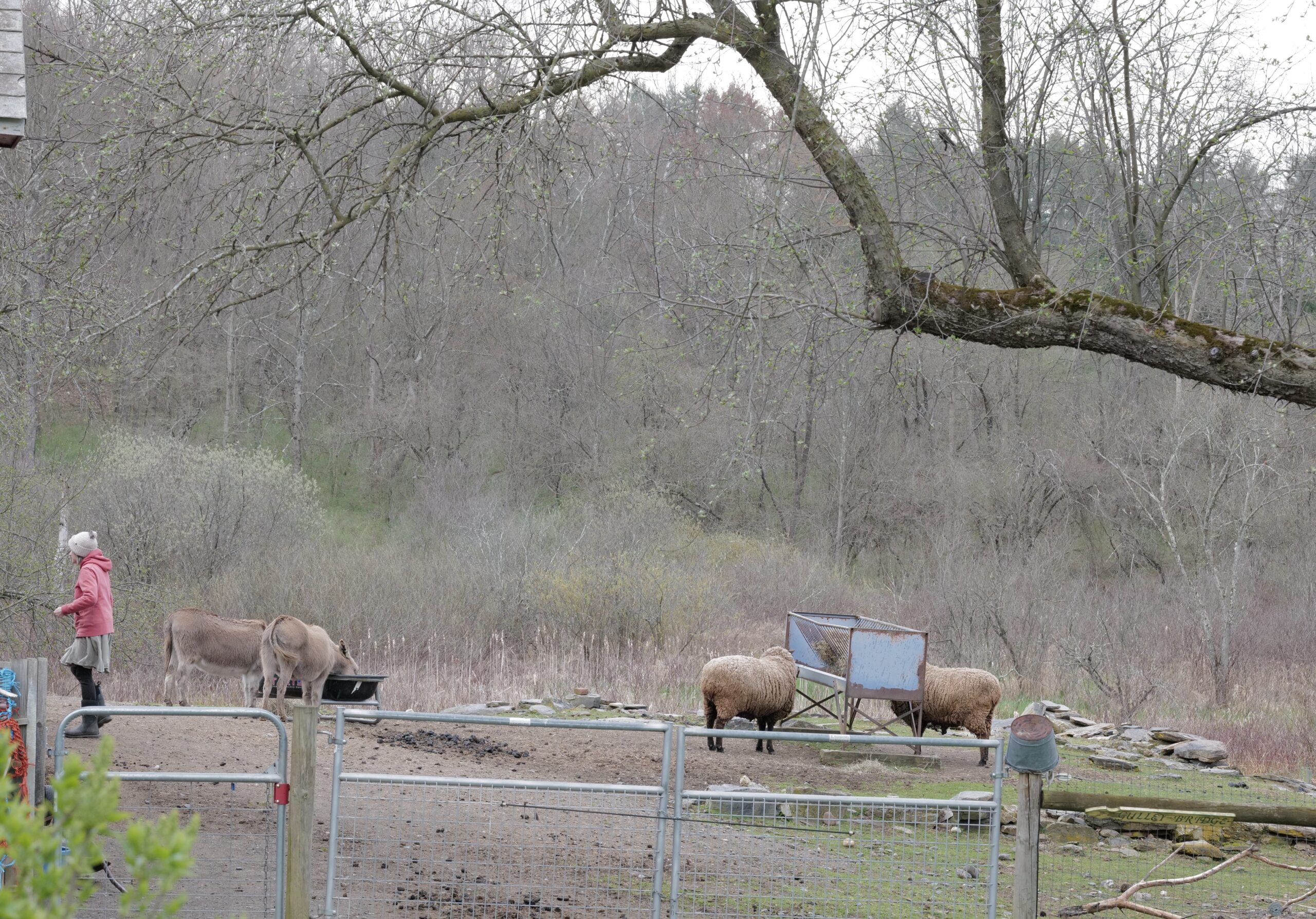A year or so ago, when I was writing regularly about my new Amish neighbors, some animal rights people were upset that I didn’t criticize them for the alleged Amish abuse of their horses, which the messengers suggested was a universal practice among Amish people.
I received many of those letters. I wrote a message in response on an animal rights website to one particularly vocal person saying that I saw my neighbors and their horses almost every day and saw no evidence that they were mistreating their animals.
I wrote that the Amish don’t see horses as pets but as working animals essential for survival. They do work hard, as has often been the case for working animals.
Since I don’t know any other Amish families, I couldn’t speak about them or join in their condemnation. Still, I defended my neighbors, saying their animals were well-fed and healthy, and I knew of no physical or other abuse.
I said I wasn’t going to condemn my neighbors, whom I am very fond of, for things other Amish people did. That sparked a lot of outrage. They need their horses and keep them fit.
Even today, I received outraged messages about that response and my refusal to condemn this. Just like the rest of us, all Amish are not the same.
I don’t answer all of these messages; one day, they will get distracted and disappear. They die in obscurity.
Today, I got this message from someone who called him or herself Xoxo, an obvious pseudonym.
It was a very long message, too long to reprint, and I did not and won’t respond to it. But it came at the right time.
In my meditation work, I’ve been working on my ideas about compassion and what it means to be compassionate at. It’s a complex issue for me.
The post was a good opportunity to examine that.
Xoxo wrote: “…I followed a Amish man to buy sibling of another horse he sold at auction that sells and ships to Mexico and Canada for slaughter…these horses who worked their whole lives to be shipped to have the throats slit…wish they could do that to actual people like you who don’t care to know…hey when you are 80 and worthless can we slit y our throat for meat? Yeah, they sat behind the thousand-pound buggy for 9 hours without food or water while his disgusting Amish owner was at auction to buy more SLAVES…FUCK YOU FUCK ANYTHING WHO HAS ABSOLUTELY NO FUCKIN CLUE CAUSE YOU JUST DON’T KNOW…I HOPE A GRIZZLY BEAR EATS YOU AND YOURS CAUSE HUMANITY WHO DOESN’T HELP WILDLIFE DESERVES TO DIE..”
I’m not reprinting this message to argue with the sender or fight back. And I’m no martyr.
In my life, I usually have fought back when attacked. Social media and my blog have taught me not to do that in anger.
I’m using my smugness as a litmus test of my sincerity about learning compassion and living it.
I’m getting there if I can feel sympathy for this person rather than getting angry back.
For all the cruelty in the message, he or she can empathize with the horses she has seen slaughtered. They have a heart. Can I feel compassion for people like this?
It is always hurtful to receive a violent and cruel message, but when I think about the person writing it—which I don’t often do—the feeling changes and deepens. No happy or healthy person writes a message like this to strangers. They must be damaged.
So why don’t I feel sympathy for the sender? Or should I?
Anyone who writes online often sometimes gets and recognizes messages like this—the rage, the letters in caps, the hatred, and even bigotry (ageism here) are all familiar. By now, the kind of people who send them are well-studied and well-known.
We online writers all get these messages, and society and corporations now dominating the Internet look the other way. I have a friend who writes a sports column and is threatened with death almost every day.
A good friend, a spiritual friend, and a priest told me that people like this were how he learned compassion. They are suffering too, he said; try to remember that. The message stuck in my head. I would love to be a better human.
Thich Nhat Hanh, a Buddhist monk and writer (he died last year) I admire and read often, wrote about compassion and suffering in this way, and it has become a guide to me:
“Usually, when we suffer, we think we’re the only person who suffers, and the other person is very happy. But in fact, it’s likely that the person who hurts us also has a lot of pain and doesn’t know how to handle this strong emotion. Breathing with awareness generates our energy of mindfulness, and we can gain insight into how to handle our suffering and that of the other person suffering with compassion.”
I did not grow up learning to respond to hatefulness by deep breathing. This is a very new and curious idea for me, even though I have begun doing this breathing every morning, and it has helped me in many ways to curb my anger and my own suffering.
Deep down, and in a curious way, I see Xoxo as a brother or sister, also broken, who was never showed much compassion and didn’t learn to handle hurt gracefully and empathetically.
The message was unusually hateful but sadly familiar, especially in the extreme corners of the animal rights movement, sliding towards being seen as a hate group. But the more hateful, the more broken. Arguing with someone like this is foolish.
But while I am not there yet, Xoxo, I want you to know that I feel some empathy for you and compassion. I don’t know anything about Xoxo, but she clearly suffered greatly thinking about those horses. I’ve also read about them.
You suffer too, Xoxo, and I hope you learn to deal with your empathy and compassion better. Being cruel to humans will not help animals in any way.
I’m unsure what compassion means when responding to a message like this, and I don’t intend to. This is more about how I should feel about it. I’m thinking about it.
I’m trying to do the same thing. In my life, once I think about something, I absorb it, and I change. We’ll see.












